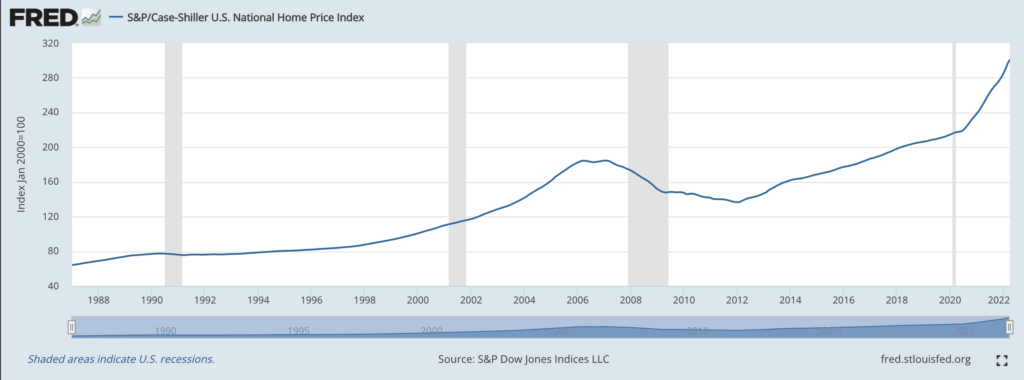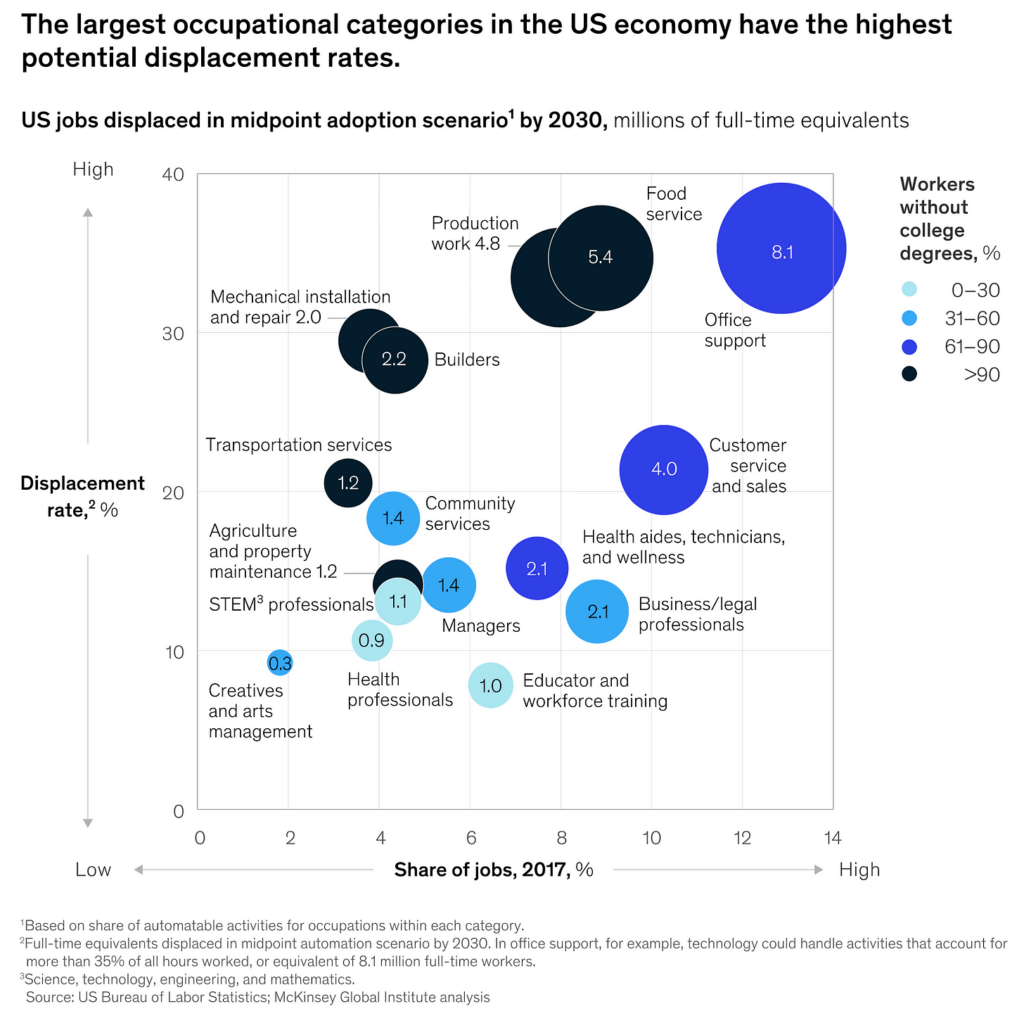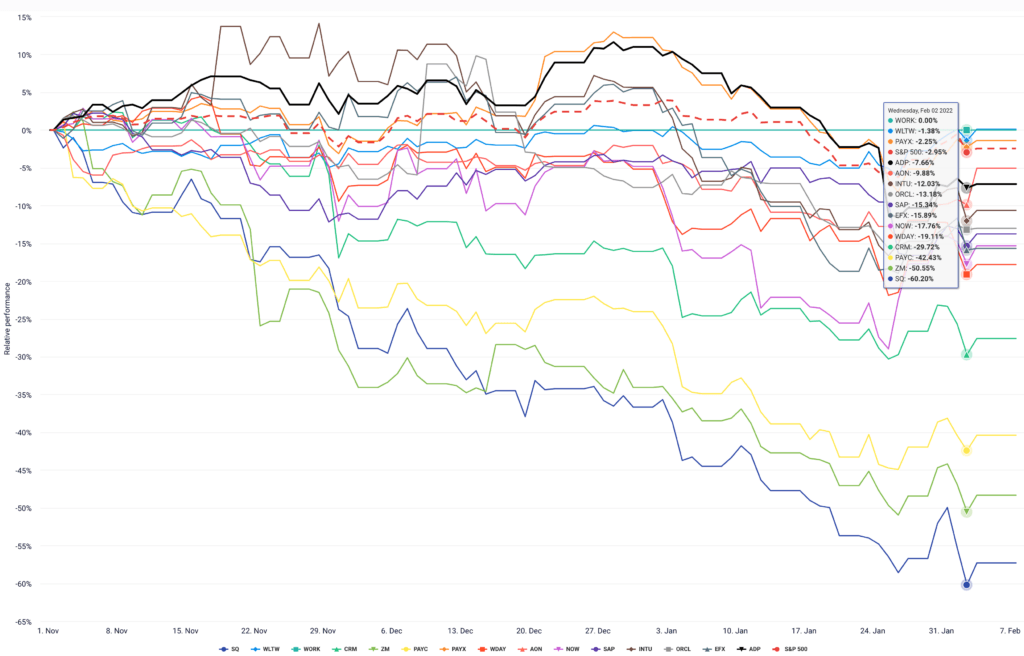Thanks to the Fed increasing interest rates this year, Americans are buying more homes. Housing starts, the figure economists use to track home building, fell 14.4% from April to May.
At least one economist is worried.
Another figure they use to track housing is the Case–Shiller Home Price Index, which helps economists understand the price of homes across the country. According to the index, home prices have surpassed their pre-crisis levels.

Robert Shiller — the co-conspirator of the index, a Yale professor of economics, and a Nobel laureate—believes “we’re sneaking back into the old 2006 mentality.”
But then he said something really interesting.
“Housing is driven by narratives,” he told Yahoo! Finance. “Before 2007, the narrative was flipping houses [and the belief that] home prices have always gone up. Then, after the Great Recession, it was tragic narratives about people who lost their home, or dangers of borrowing too much or lending too much. It’s been 10 years since the crisis. Now, those narratives are starting to be forgotten.” Shiller has recently written a book called Narrative Economics to expand on this point.
In the book he discusses many stories were bubbles, panics, and other economic phenomena were propelled by stories rather than facts. Rhetoric, it seems, is most important than reality for driving economic decision making.
That’s because people live their lives through narratives, the stories we tell each other and ourselves. Of course, as a writing major and student of the humanities, saying that economics is driven by the stories people tell themselves is like saying toast is better with butter. But to hear an economist — and a good one at that — say something so human is rather exciting.
In fact, Paul Krugman, another Nobel laureate in economics, said something similar in his MasterClass: “Economics is all about people, not about money.” Another insight is from social scientist Jonathan Haidt when he said that our emotional brains are like elephants, and our rational brains are like tiny, often ineffective riders atop the massive beast.
Stories, not math or spreadsheets, help us understand the world and our place in it. It’s how we make sense of things. It’s the most powerful sense-making device we have, according to the first episode of The Mind, Explained on Netflix.
This is an important point to consider before we go through another financial reckoning.
Hopefully, we can tell ourselves better stories this time around. Our economic future depends on it.




